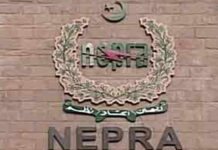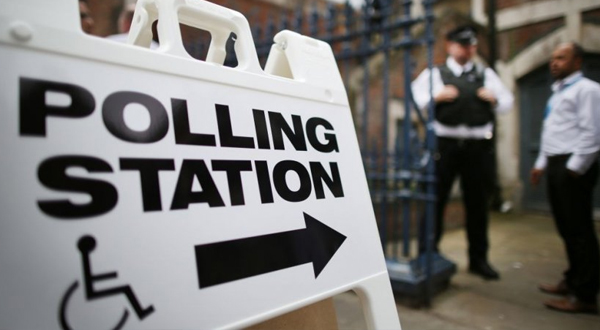ANKARA: Turkish government aims to build at least 30,000 houses in seven south eastern districts severely damaged by PKK terrorism, Turkish Environment and Urbanization Minister Mehmet Ozhaseki said Thursday.
After Turkish security forces cleared PKK terrorists from residential areas in the region, the minister said extensive damage had been surveyed in Diyarbakir’s Sur district, as well as in Mardin’s Nusaybin, Hakkari’s Yuksekova, and Sirnak’s Cizre, Silopi and Idil districts.
“At least 30,000 houses should be built in seven districts. These houses should also be distributed among the residents,” Ozhaseki told Anadolu Agency’s Editors’ Desk.
He added that southeastern Turkey’s Sirnak, Diyarbakir, Hakkari and Mardin provinces had generally been badly damaged by PKK terrorists.
Anti-PKK operations began after the group started its attacks in July last year in Turkey’s eastern and south eastern part.
The PKK — listed as a terrorist organization by Turkey, the U.S. and EU — resumed its decades-old armed campaign in July last year. Since then, more than 600 security personnel have been martyred and more than 7,000 PKK terrorists killed.
The urbanization minister also spoke about military bases located in many city centers, now a controversial issue following the recent failed coup.
“We [Ministry of Environment and Urbanization] call on all municipalities across Turkey and ask for them to transfer their military bases to the outskirts or suburbs,” he said.
The minister said that these areas might be used for “urban transformation”.
“Probably, they [former military bases] will be all green areas,” he said.
Turkish armored units in Ankara and Istanbul have been dispatched to the outskirts of the cities in late August in the wake of a recent defeated coup. The military bases will be moved to the outskirts by Sept. 11.
Turkey’s government said the July 15 foiled coup, which left 240 people martyred and nearly 2,200 injured, was orchestrated by followers of Gulen and his FETO network.
Gulen, who has lived in self-imposed exile in the U.S. since 1999, is accused of leading a long-running campaign to overthrow the state through the infiltration of Turkish institutions, particularly the military, police, and judiciary, forming what is commonly known as the parallel state.





